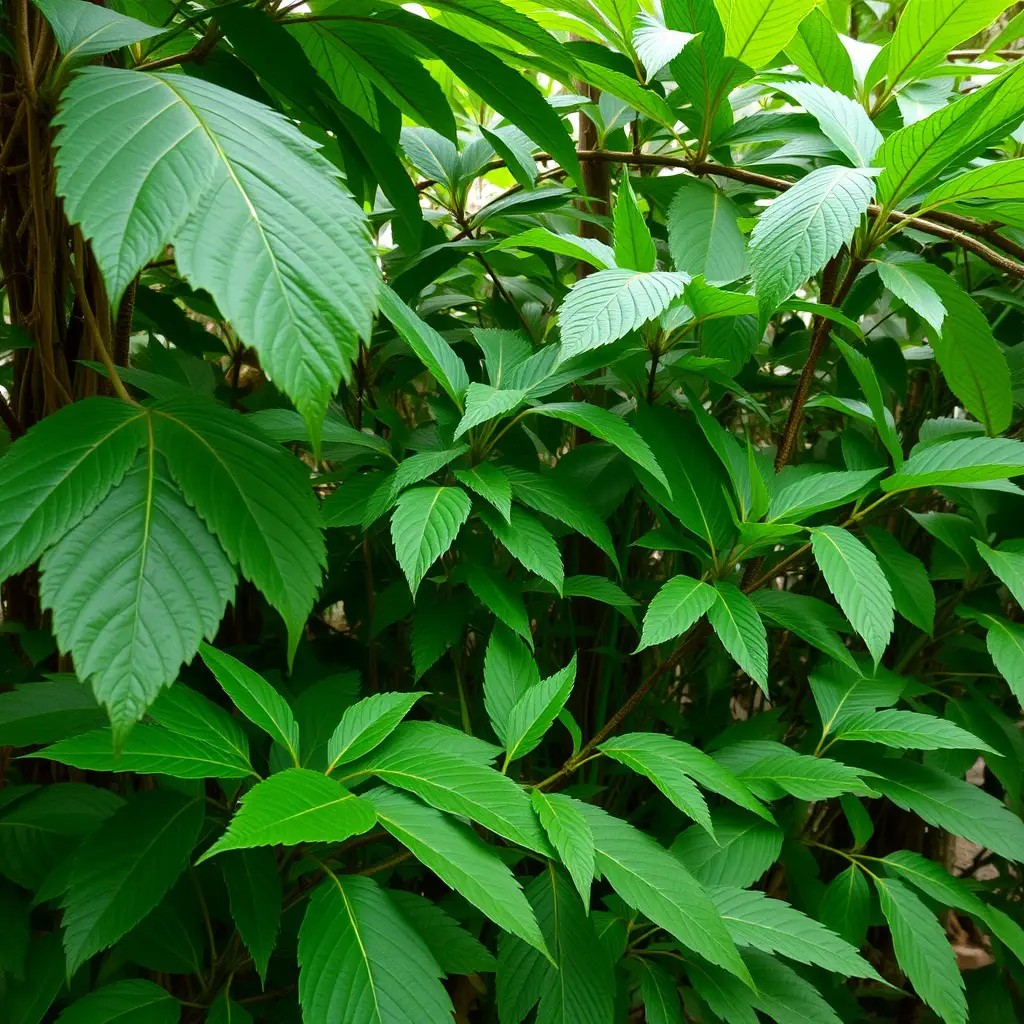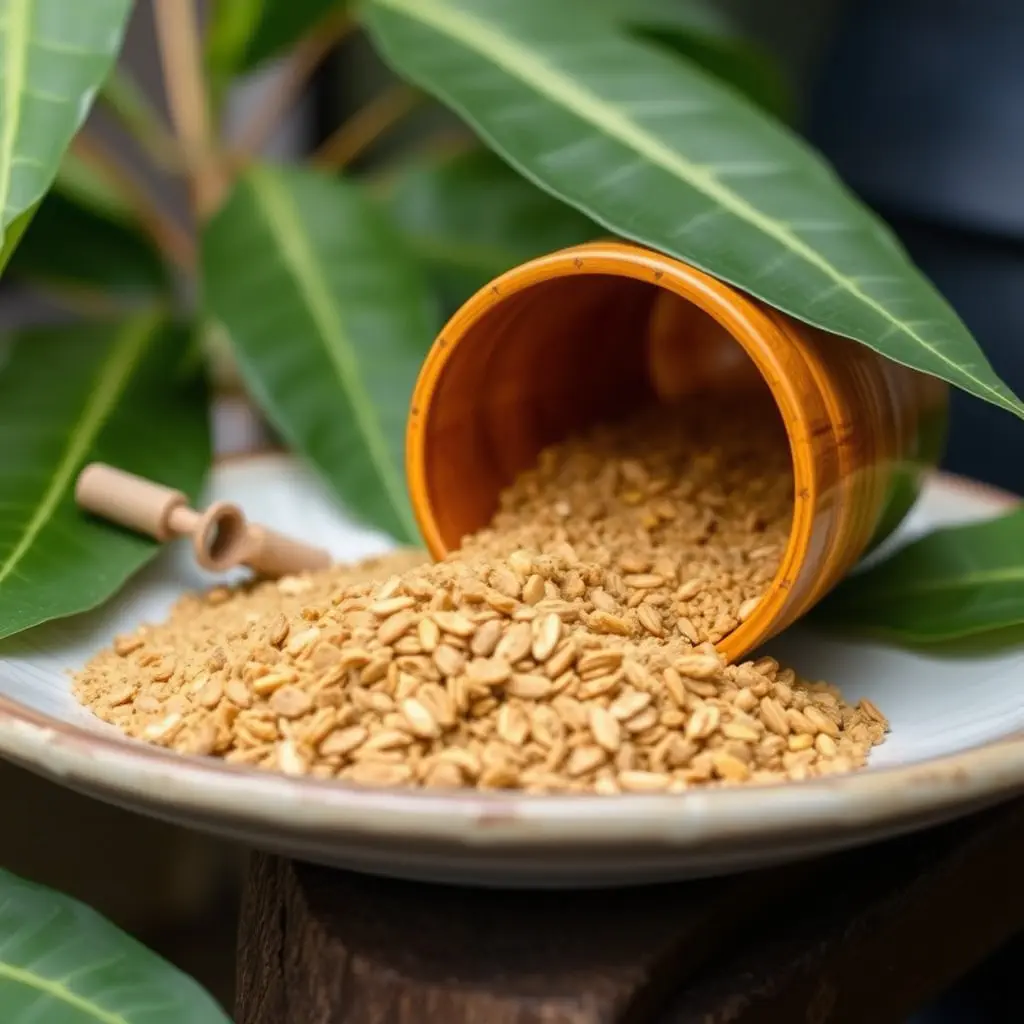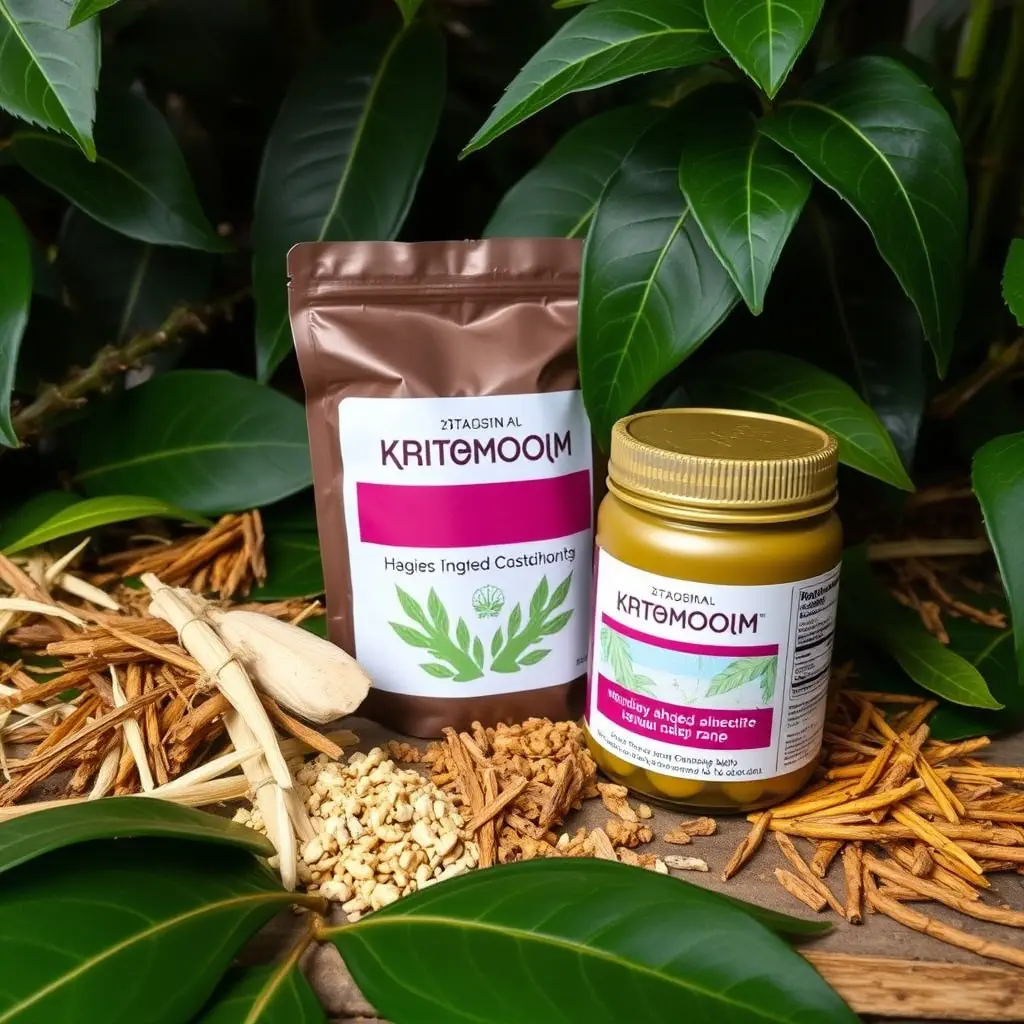As of 2023, kratom's legality in North Carolina is not explicitly defined at the state level but can vary by locality. Users must verify current ordinances to ensure compliance with local laws regarding kratom. Given its complex legal status and potential effects on mood and stress relief through interaction with opioid receptors, it's crucial for individuals to stay informed about legislative changes and consult healthcare professionals before using kratom. The substance is found in the Mitragyna speciosa tree and can have varying effects depending on dosage and strain, with some users preferring certain strains like Bali or Maeng Da for relaxation. Safe usage includes starting with low doses, purchasing from reputable sources, and being aware of potential interactions with other substances. Due to the evolving legal landscape, individuals should be vigilant about the status of kratom in North Carolina for legal reasons and personal health considerations.
Exploring the therapeutic potential of kratom for stress and anxiety relief, this article offers a comprehensive guide on harnessing its benefits responsibly. We’ll navigate the complex legality of kratom, particularly in North Carolina, to ensure users are informed. With an in-depth look at how kratom influences anxiety and stress, followed by practical advice on safe usage—including optimal dosage and strains for stress management—this piece aims to demystify kratom’s role in promoting mental well-being. Understanding its effects is key, and so is staying within the legal framework set forth in the state.
- Navigating Kratom Legality and Its Role in Stress Management: Is Kratom Legal in North Carolina?
- Understanding Kratom's Effects on Anxiety and Stress Relief
- Safe Kratom Use for Stress Reduction: Dosage, Strains, and Best Practices
Navigating Kratom Legality and Its Role in Stress Management: Is Kratom Legal in North Carolina?

When considering the use of kratom supplements for stress and anxiety management, it’s crucial to first understand the legal status of this botanical in your region. Kratom, derived from the leaves of the Mitragyna speciosa tree native to Southeast Asia, has gained attention for its potential stress-relieving effects. In North Carolina, as with many other states, the legality of kratom is subject to specific laws and regulations. As of my knowledge cutoff in 2023, kratom is not explicitly banned in North Carolina at the state level; however, local ordinances may vary. It’s important for individuals interested in using kratom to stay informed about the latest legislative changes, as the legal status can shift with new legislation or regulations.
The role of kratom in stress management is a subject of growing interest among researchers and users alike. Proponents suggest that kratom may offer relief from stress and anxiety through its interaction with the body’s opioid receptors, leading to mood enhancement and pain relief. However, it’s essential to approach the use of kratom with caution due to its potential for side effects and interactions with other medications. Users should consult with healthcare professionals before incorporating kratom into their wellness regimen, especially given the nuanced legal landscape surrounding its use in North Carolina. Understanding both the potential benefits and the legal considerations is key to making an informed decision about whether kratom might be a suitable option for managing stress and anxiety.
Understanding Kratom's Effects on Anxiety and Stress Relief

Kratom, derived from the leaves of the Mitragyna speciosa tree native to Southeast Asia, has gained attention for its potential effects on mood and stress relief. Its active compounds, mitragynine and 7-hydroxymitragynine, interact with the brain’s opioid receptors, which can influence an individual’s perception of pain, mood, and energy levels. For those exploring natural supplements to manage anxiety and stress, kratom offers a complex set of effects that can be both stimulating and sedating, depending on the dose and strain.
When considering the use of kratom for stress and anxiety relief, it’s important to understand its legal status in various regions. As of the knowledge cutoff date, the legality of kratom varies across the United States. In North Carolina, as with many other states, the legal landscape is subject to change based on federal and state regulations. Currently, kratom is not explicitly banned at the federal level, but some counties and cities within North Carolina have enacted restrictions or bans. Users interested in incorporating kratom into their wellness routine should first verify its legality in their specific locality within the state. It’s crucial to stay informed on local laws, as the regulatory environment for kratom is dynamic and can evolve rapidly. Users should also be aware of the potential side effects and risks associated with kratom use, consulting with healthcare professionals beforehand to ensure safe and responsible use. Understanding both the legal considerations and the nuanced effects of kratom on anxiety and stress relief is essential for anyone considering this supplement as part of their holistic health approach.
Safe Kratom Use for Stress Reduction: Dosage, Strains, and Best Practices

Kratom, derived from the leaves of Mitragyna speciosa, has gained attention for its potential to alleviate stress and anxiety. When considering safe kratom use for stress reduction, understanding dosage, strains, and best practices is paramount. Dosage varies based on individual tolerance, with a general guideline suggesting moderation; typically, a small dose can be stimulating, while larger amounts may have sedative effects. It’s essential to start with a lower dose to gauge one’s response before adjusting as needed.
As for strains, each carries distinct alkaloid profiles that can influence the experience differently. For stress relief, strains such as Bali and Maeng Da are often recommended due to their calming properties. Red vein strains are particularly popular among users seeking relaxation. It’s also crucial to source kratom from reputable vendors to ensure purity and potency. Adhering to local laws is equally important; for instance, as of my knowledge cutoff in 2023, is kratom legal in North Carolina? The answer is nuanced, with the state placing it in a gray area where it’s not explicitly illegal but also not approved as a dietary supplement. Users in North Carolina should verify the current status of kratom legality to avoid legal repercussions.
Best practices for safe use include purchasing from licensed suppliers, beginning with a lower dosage, and being aware of how kratom interacts with any medications or substances you may be taking. Additionally, it’s advisable to consult with a healthcare provider before integrating kratom into your wellness routine, especially if you have existing health conditions or are taking prescription medications. Monitoring your body’s response and adjusting use accordingly can further support safe and effective stress management with kratom supplements.
When exploring the intersection of natural supplements and mental well-being, kratom emerges as a compelling option for stress and anxiety management. The legal status of kratom, particularly in North Carolina, is an important factor for individuals considering its use. As outlined in this article, understanding kratom’s effects, optimal usage, and safety protocols is crucial for those seeking to harness its potential benefits. With the right knowledge on legality, effects, and best practices, kratom can be a valuable tool in one’s holistic approach to stress relief. It is always advisable to consult with healthcare professionals before integrating any new supplement into your wellness regimen.






